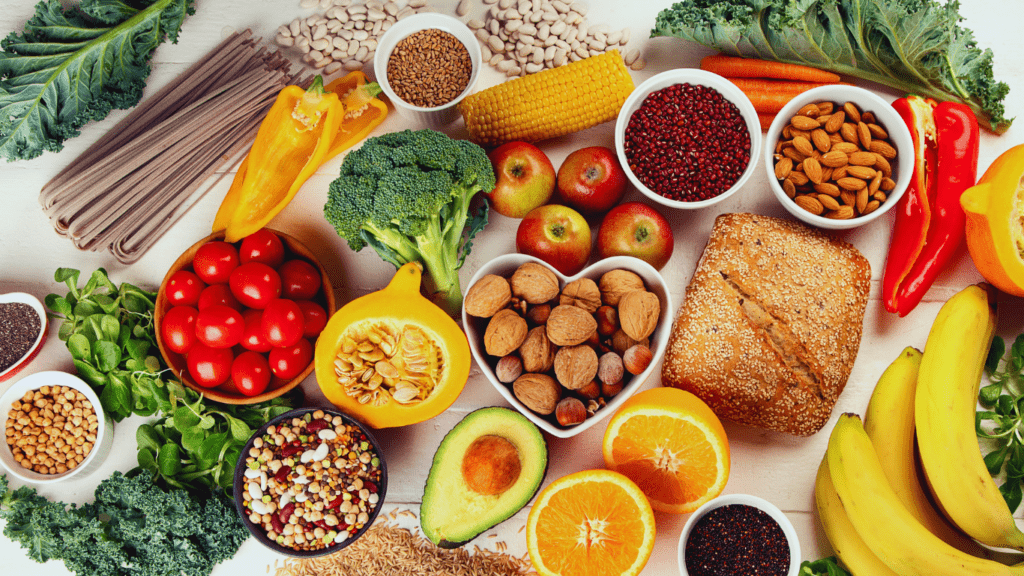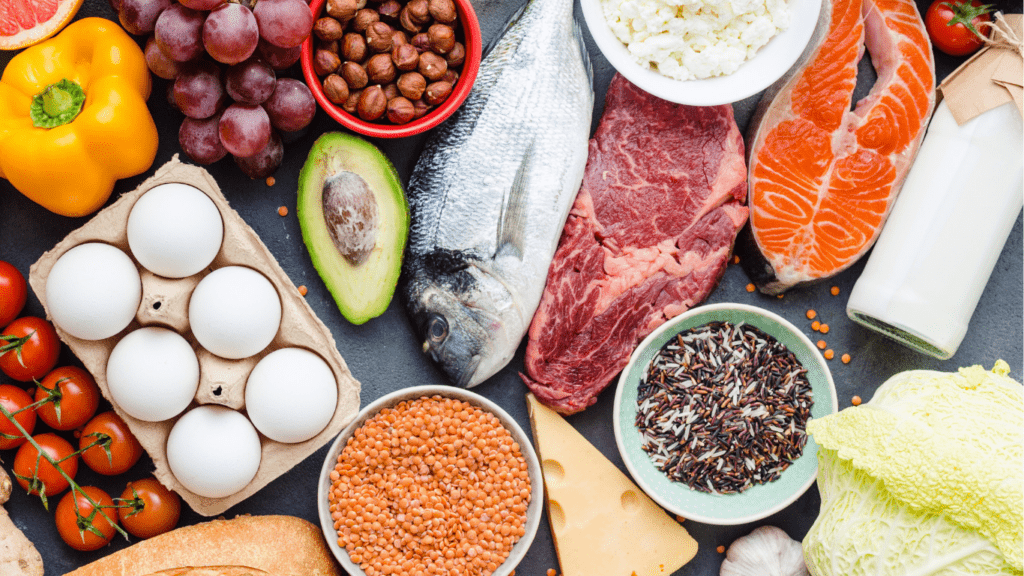Fueling the body and mind isn’t just about eating; it’s about optimizing. As a biohacker, I know the importance of dialing in every aspect of my routine, and nutrition is no exception. High-performance meal plans aren’t just trendy—they’re a game-changer for unlocking peak energy, focus, and longevity.
What Are High-Performance Meal Plans?
High-performance meal plans are structured dietary strategies designed to optimize physical and cognitive performance. These plans prioritize nutrient density, macronutrient balance, and evidence-based food choices to enhance energy levels, focus, and overall health.
I see these plans often include whole, unprocessed foods like lean proteins (e.g., salmon, chicken breast), complex carbohydrates (e.g., quinoa, sweet potatoes), and healthy fats (e.g., avocado, olive oil). By emphasizing these nutrient-packed options, the body and brain receive the fuel required for sustained performance and recovery.
Customization is another key feature. High-performance meal plans account for individual lifestyle needs, activity levels, and specific health goals. For example, biohackers aiming to improve cognitive function may focus on omega-3-rich foods like walnuts and flaxseeds, while those enhancing endurance might increase carbohydrate intake post-exercise.
Timing is critical in these plans. Strategically consuming meals based on activity and circadian rhythms can improve nutrient absorption and performance outcomes. For instance, many biohackers schedule protein and carb-heavy meals after workouts to aid recovery and muscle repair.
Benefits Of High-Performance Diets For Biohackers
High-performance diets deliver measurable benefits by optimizing the body’s mental and physical functions. For biohackers, these specific nutritional strategies provide tools to enhance productivity, energy, and performance.
Improved Cognitive Function
High-performance diets strengthen brain health by supplying nutrients essential for optimal cognitive performance. Omega-3 fatty acids from sources like:
- salmon
- walnuts
- chia seeds
improve memory and focus. Antioxidant-rich foods such as berries and dark chocolate protect brain cells from oxidative stress. Including complex carbohydrates, like quinoa or sweet potatoes, ensures stable glucose levels, reducing brain fog and enhancing alertness.
Enhanced Physical Performance
These diets support physical performance by optimizing muscle recovery and endurance. Proteins rich in amino acids, like lean chicken or tofu, repair muscles post-exercise. Magnesium from spinach and almonds reduces muscle fatigue, while potassium-rich foods like bananas prevent cramps. By incorporating anti-inflammatory foods like turmeric or ginger, inflammation decreases, promoting faster recovery after physical activity.
Boosted Energy Levels
Sustained energy stems from balanced macronutrients in high-performance diets. Combining healthy fats like avocado and olive oil with slow-digesting carbs ensures steady energy release. Iron-rich foods such as spinach or beef prevent fatigue by maintaining healthy red blood cell counts. Hydration, boosted by water-rich foods like cucumbers or melons, combats energy-draining dehydration. Superfoods, including spirulina or matcha, provide additional natural energy enhancements vital for high-intensity activities.
Key Nutritional Principles For Biohackers

Optimizing nutrition combines understanding core dietary components with practical strategies. I focus on macronutrient and micronutrient balance, timing, and consistency to achieve peak performance.
Macros And Micros Explained
- Macronutrients—proteins, fats, and carbohydrates—form the foundation of high-performance meal plans.
- I include lean proteins like chicken and tofu to support muscle repair, healthy fats such as avocados and nuts for sustained energy, and complex carbohydrates like oats and quinoa to ensure stable glucose levels.
- A balanced distribution, such as 40% carbohydrates, 30% fats, and 30% proteins, sustains energy and cognitive output.
- Micronutrients like vitamins and minerals enhance bodily functions.
- I prioritize vitamin D for immune health, magnesium for relaxation, and omega-3s from fatty fish for cognitive support.
- Antioxidants from berries and leafy greens help mitigate oxidative stress, crucial for protecting cells during intense physical or mental exertion.
The Importance Of Timing And Consistency
Nutrient timing aligns food intake with activity levels and biological rhythms. I consume protein-rich meals post-workout to boost muscle recovery and shift carbohydrate intake earlier in the day to maximize energy for mental tasks. Consistent eating patterns every 3-4 hours stabilize blood sugar and improve focus.
Meal timings also sync with circadian rhythms. I limit late-night meals to avoid disrupting my metabolic processes and enhance sleep quality. By ensuring consistency in my schedule, I maintain optimal energy balance across physical and cognitive activities.
Top Foods To Include In A Biohacker’s Diet
A biohacker’s diet focuses on maximizing cognitive, physical, and overall health outcomes through intentional food choices. Prioritizing specific superfoods and evidence-based ingredients helps unlock higher energy, brain function, and recovery.
Brain-Boosting Superfoods
Certain foods enhance focus, memory, and brain function. Blueberries, rich in anthocyanins, support cognitive health by improving communication between brain cells. Walnuts provide omega-3 fatty acids and antioxidants, offering protection against neurodegeneration. Dark chocolate with at least 70% cocoa contains flavonoids, which enhance blood flow to the brain and boost attention span.
Energy-Enhancing Ingredients
Sustaining energy levels requires nutrient-dense selections. Sweet potatoes, high in complex carbohydrates and fiber, ensure steady glucose availability. Quinoa, a complete protein, provides amino acids for optimal muscle performance. Matcha green tea contains L-theanine, helping to improve energy and mental clarity without the jittery effects of caffeine.
Anti-Inflammatory Choices
Reducing inflammation can improve recovery and long-term health. Turmeric, with its active compound curcumin, combats oxidative stress and reduces inflammation markers. Fatty fish like salmon and mackerel offer omega-3 fats, lowering inflammation and supporting heart and brain health. Leafy greens, such as kale and spinach, supply polyphenols and vitamins critical for reducing cellular inflammation.





